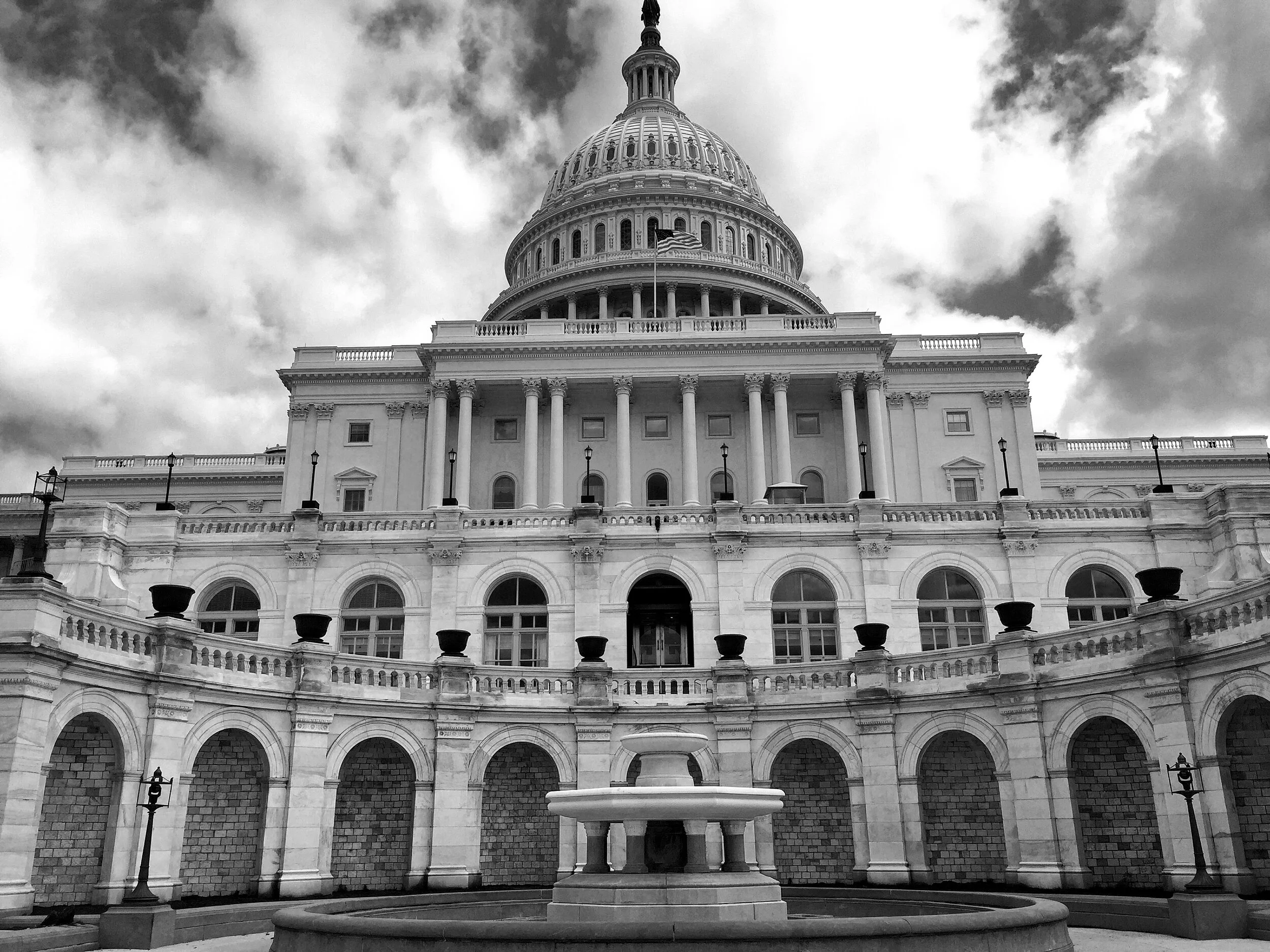What if the Capitol Rioters Looked Like Me?
Domestic terrorism.
Say it with me. Call it for what it is.
For hours across Twitter and news feeds last Wednesday, journalists and others referred to the anarchists as “protestors” — even as the assailants shattered windows, desecrated sacred grounds, and wreaked bedlam.
As a young Muslim American born just after September 11th, I couldn’t help but cringe at the hypocrisy of the moment. I knew that had the seditious mob been composed of people of color, the outcome would have been markedly different.
A few weeks ago, one of my little sister’s friends facetiously asked for a blowtorch as part of a Secret Santa gift exchange. She innocently quipped that she wanted to commit arson against the home of a despised TV show character. When my little sister brought up these funny remarks at the dinner table, my dad admonished her against ever repeating her friend’s joke. “You have to remember you’re Brown,” he told her.
My dad has incessantly highlighted the consequences of our identity as we have grown up. That we have to be a step ahead in school and sports to level the playing field with our white peers. And that we have to mind what we say, for one wrong comment might provoke a reprisal. These reminders were repeated while classmates yelled “Allahu Akbar” as planes passed overhead while we tossed a football during our lunch break or as friends asked if a suicide bomb was underneath my hoodie.
I have lived in fear of being labeled as a terrorist throughout my teenage years. I have carried myself with decorum and dignity for that reason. I have seen fellow Muslim Americans be profiled and assaulted. But last Wednesday, I watched in pain and disbelief as the President told white domestic terrorists that he loves them — the same President that claimed thousands of Muslim Americans cheered on September 11.
My feelings are not unique. Millions of Black Americans feel what I feel, but at a much deeper level. This feeling is nothing new to them. For years, they have wondered why white criminals such as Dylann Roof have received sympathetic treatment from law enforcement while their community members have been slaughtered. This past summer, they were tear-gassed and peppered with rubber bullets — as they marched for their lives — while armed white rioters in Michigan were allowed by police to enter the statehouse — as they rallied for the right to get haircuts and go to bars. Last week, Black Americans were dismayed as law enforcement opened barricades and took selfies with the insurrectionists.
Hundreds of posts across my Instagram and Facebook feeds highlighted this troubling duality. Awareness is a good first step, but it means nothing if concrete steps aren’t taken. Law enforcement must crackdown on the treasonists; every single one of them should be brought to justice. Republican leaders must also denounce last Wednesday’s events, and they must explicitly denote it as domestic terrorism. Failing to do any one of these measures establishes a dangerous precedent that nefarious actions are permissible for white belligerents.
I doubt those things will happen. I may be young, but I’ve seen enough to escape the naivety that many seem to be suddenly bewitched by. I know that Republicans ultimately recognize that their constituents expect them to abet white supremacists. I know that the criminal justice system is unjust, and I know that the nation’s police force is systematically racist. And most certainly, I know President Trump will never directly condemn what transpired at the Capitol.
When my dad scolded my sister, I was surprised by his pointedness and abruptness. But I realize now that I was indeed naive in that moment: I was entranced by dreams of equality, too. Last Wednesday’s events were all I needed to be reminded that the America my little sister is growing up in — the one Black Americans have struggled against at far greater magnitudes — is a different realm than the America white supremacists live in. It’s egregiously poetic that the consecrated home of America’s legislative body — the custodian of equality, the codifier of democracy — was the site of this epiphany.


